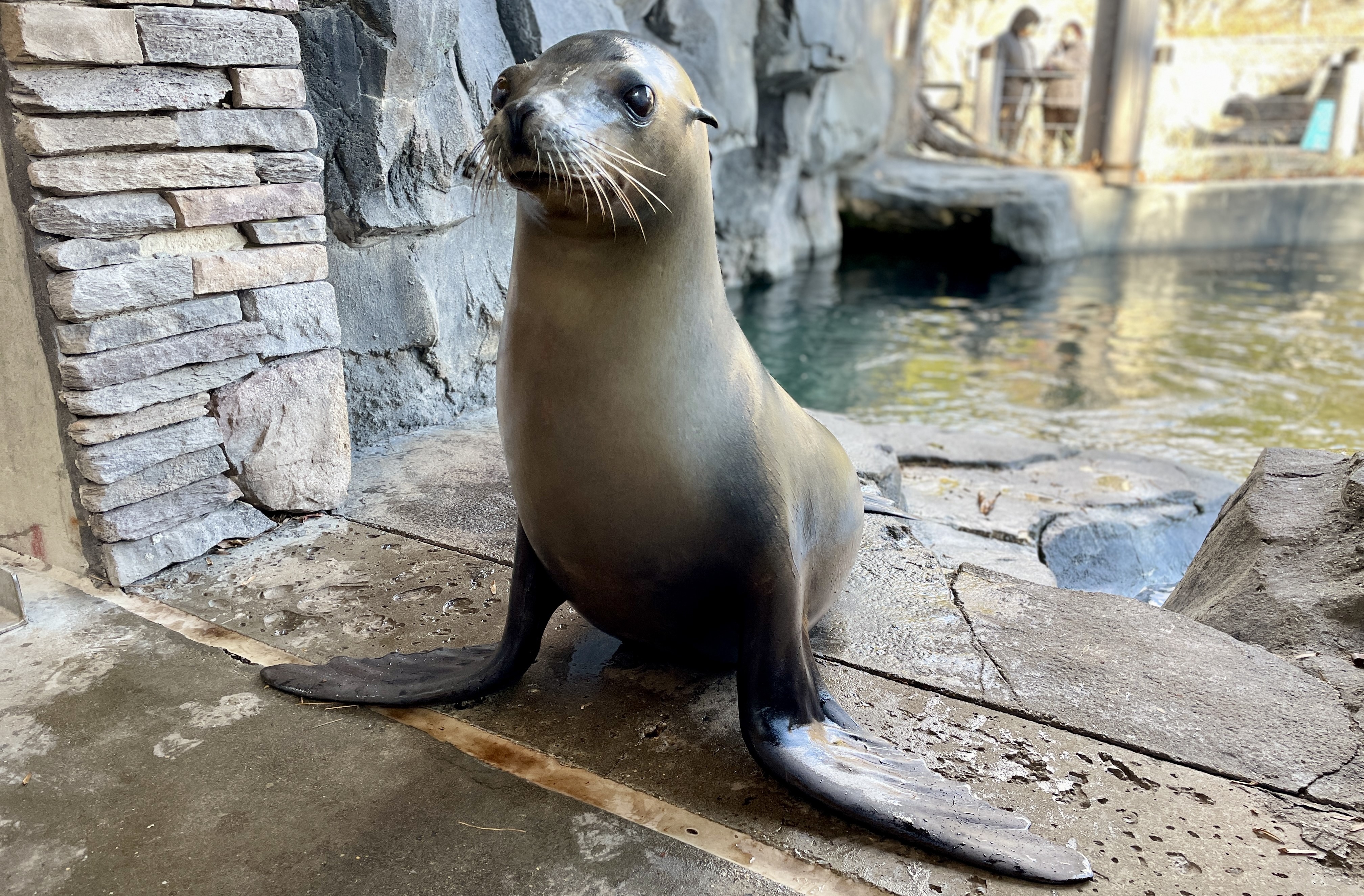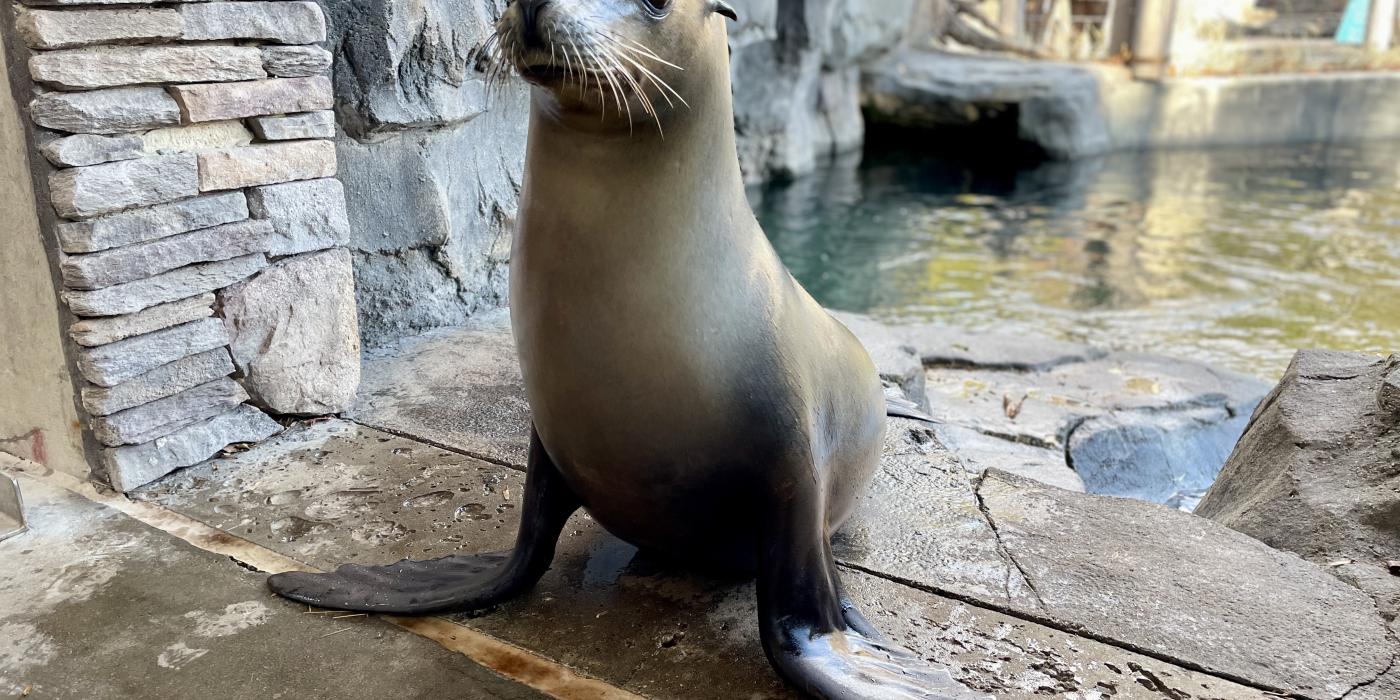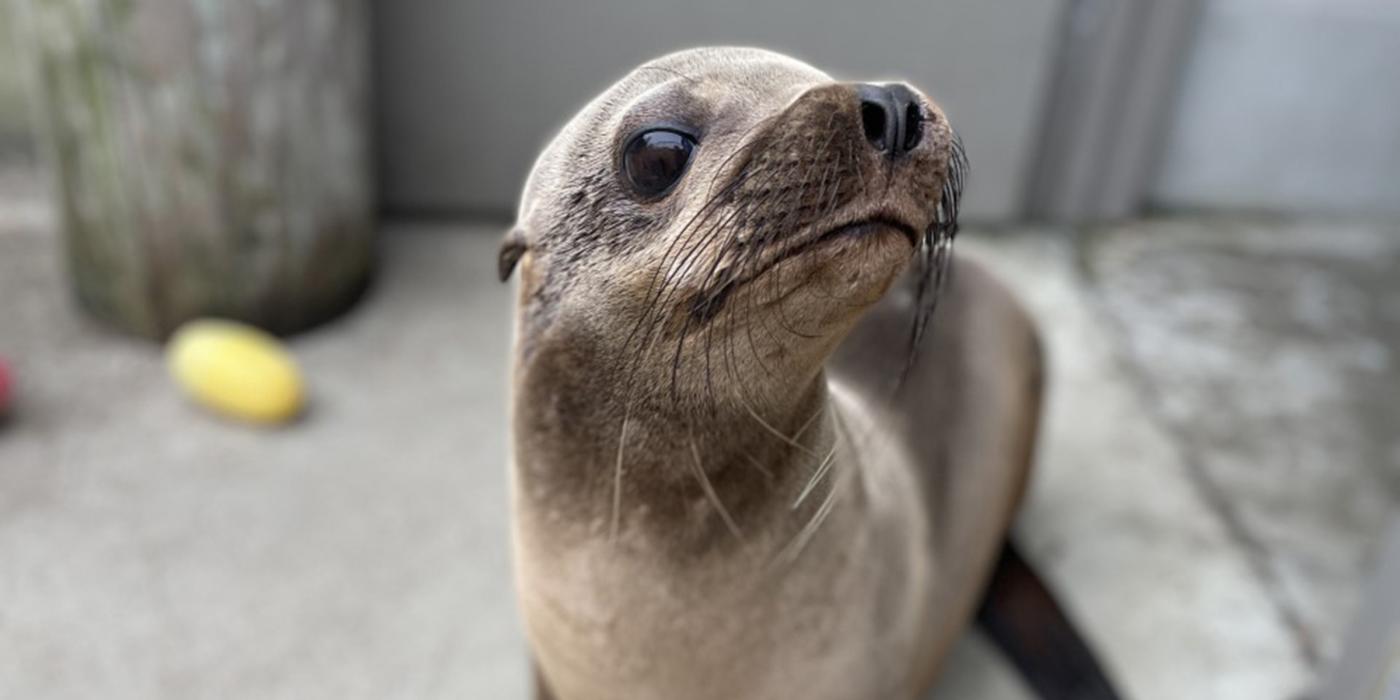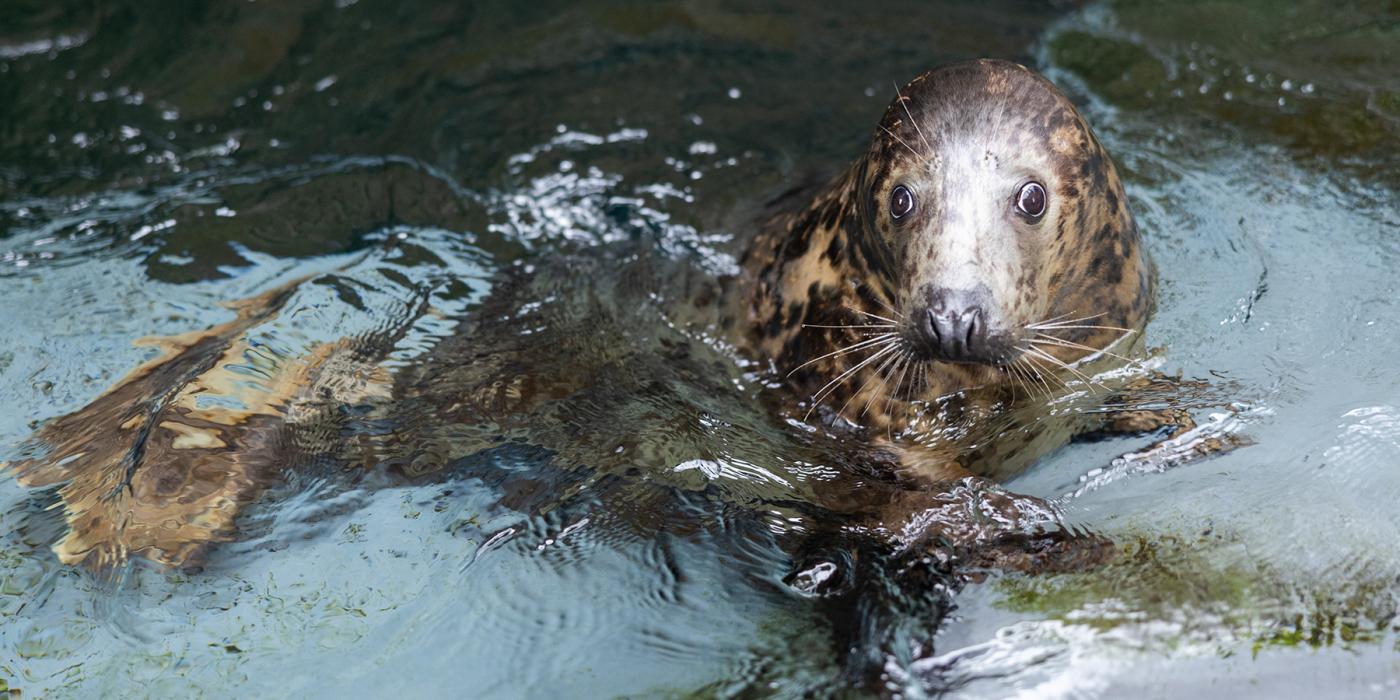Sea Lion Dies at Smithsonian’s National Zoo and Conservation Biology Institute

Staff at the Smithsonian’s National Zoo and Conservation Biology Institute are mourning the loss of Summer, a female California sea lion, who was humanely euthanized June 27, 2024. She was 19 years old and the oldest of the Zoo’s sea lions. The median life expectancy for California sea lions in human care is 20 to 25 years.
On June 26, 2024, American Trail keepers noticed Summer was acting lethargic and was not interested in eating. The Zoo’s veterinary team provided fluids, antibiotics and steroids, but by the following day, Summer’s condition had not improved. A follow-up exam showed signs of kidney failure and signs of potential heart disease. Out of concern for Summer’s overall quality of life, the veterinary and animal care teams made the difficult decision to euthanize her. Zoo pathologists performed a necropsy on Summer, which revealed abnormalities in her kidneys, as well as fluid in her lungs and trachea. A full pathology report will provide more information in the coming weeks.
Summer was born in the wild on the beaches of Malibu, California June 17, 2005. Unfortunately, her mother abandoned Summer shortly after giving birth. As a result, wildlife rehabilitators took Summer in for hand-rearing. In 2006, Summer and another female sea lion Calli came to the Zoo together.
Keepers describe Summer as having had a strong and independent personality. “If Summer didn’t want to do something, she would let you know,” said Ashley Graham, assistant curator of American Trail. “She always kept keepers on their toes.” Although she could be driven with keepers, Summer was particularly gentle with the younger sea lions. Despite never giving birth, keepers say Summer acted like a second mom to Calli’s pups and was always the first adult to be introduced to the juveniles.
Native to the West Coast of North America, California sea lions range from Baja, Mexico, to Vancouver Island, British Columbia. Though they were once hunted for their skin, the International Union for Conservation of Nature now classifies them as a species of least concern.
###




